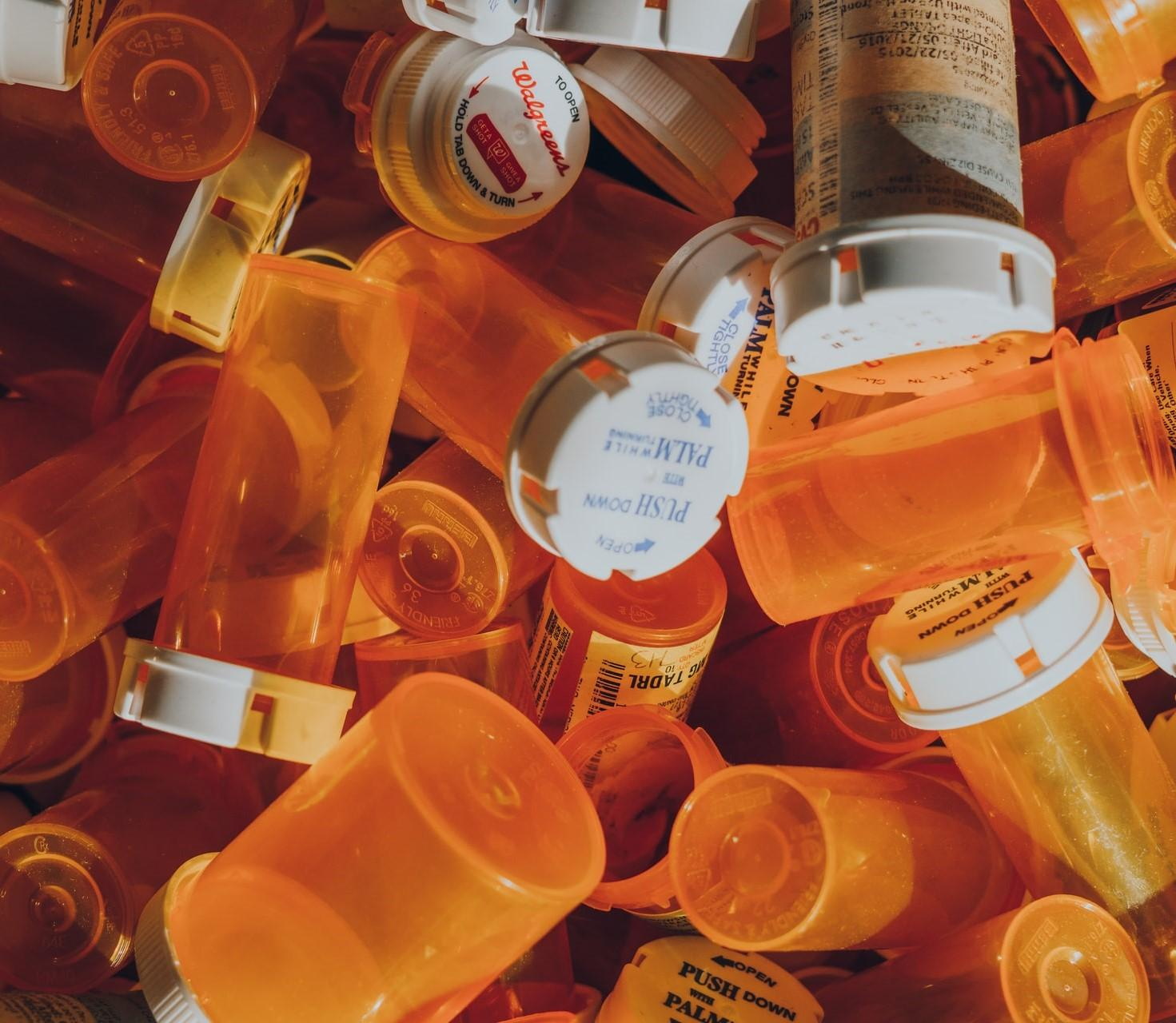
In response to continuing US drug shortages, two lawmakers have asked the Food and Drug Administration (FDA) to provide information on the country's continuing drug shortages.
"The FDA is failing to ensure vitally important pharmaceuticals remain on pharmacy shelves," House Committee on Oversight and Accountability Chairman James Comer (R-Ky) and Subcommittee on Health Care and Financial Services Chairwoman Lisa McClain (R-Mich) wrote in a letter yesterday to FDA Commissioner Robert Califf, MD.
Problem preceded pandemic
Noting that the FDA's database lists 128 drugs as in shortage, Comer and McClain asked for a number of documents and a staff-level briefing to better understand the FDA's role in drug-shortage monitoring and prevention.
"Current shortages include important drugs commonly used to treat infections, respiratory illnesses, heart failure, psychiatric conditions, and cancer, and include drugs such as amoxicillin, penicillin, albuterol, Adderall, and cisplatin/carboplatin," they wrote. "Earlier this year, there was a shortage of children's acetaminophen and ibuprofen. The cancer drug shortage has gotten so severe that the FDA temporary authorized the importation of drugs produced by non-FDA approved Chinese manufacturers."
The FDA is failing to ensure vitally important pharmaceuticals remain on pharmacy shelves.
The lawmakers said the shortage of critical drugs preceded the COVID-19 pandemic. "There are a variety of reasons for the current state of drug shortages apart from pandemic supply chain delays, including an over-reliance on offshore manufacturing facilities, surging demand for pharmaceuticals, and diminishing manufacturing of generics," they wrote.
Comer and McClain said they fear that the mandated price controls included in the Inflation Reduction Act will worsen drug shortages by leading to less investment in domestic drug production and limit pharmaceutical firms' ability to invest in developing new therapies. They said illegal pharmacies may take advantage of the shortages, to patients' detriment.
"Desperation may drive consumers to purchase illegal or counterfeit drugs distributed without the supervision of a licensed pharmacist," they wrote. "It is of vital importance that the FDA monitor and prevent future drug shortages to maintain Americans' health and quality of life."










